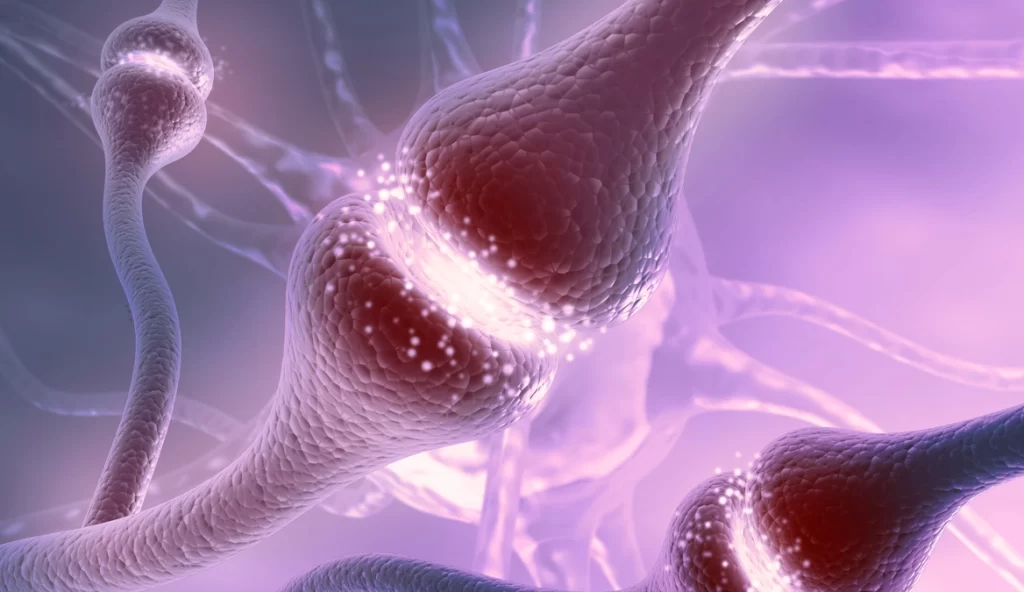Too much adrenaline can be bad for you. Prolonged or excessive production of adrenaline can lead to a state of chronic stress, which can have negative effects on physical and mental health.
Excessive adrenaline can cause symptoms such as anxiety, nervousness, rapid heartbeat, sweating, and shaking, and can also lead to long-term health problems such as insomnia, digestive problems, and cardiovascular disease.
In addition, prolonged exposure to high levels of adrenaline can weaken the adrenal glands and disrupt the body’s stress response system, leading to adrenal fatigue.
- Deep Breathing: Taking slow, deep breaths can help activate the relaxation response and reduce the production of adrenaline.
- Exercise: Regular physical activity can help to reduce stress and decrease the release of adrenaline.
- Relaxation Techniques: Practices such as meditation, yoga, or progressive muscle relaxation can help to calm the mind and reduce adrenaline levels.
- Sleep: Adequate sleep is essential for regulating stress hormones, including adrenaline, and promoting overall well-being.
- Healthy Diet: Eating a balanced diet that includes plenty of fruits, vegetables, and whole grains can help to reduce stress and reduce the production of adrenaline.
- Avoid Stimulants: Caffeine, nicotine, and other stimulants can increase the production of adrenaline, so it is important to limit or avoid them during stressful times.
- Social Support: Spending time with friends, family, or a supportive community can help to reduce stress and decrease the release of adrenaline.
- Mindfulness: Practicing mindfulness, such as being present in the moment and focusing on the here and now, can help to reduce stress and decrease the production of adrenaline.
It is important to find what works best for you and to implement stress-management strategies on a regular basis to help reduce adrenaline levels and promote overall well-being.
It is important to manage stress levels and maintain a healthy lifestyle to keep adrenaline levels in balance and reduce the risk of negative effects. This may include regular exercise, a balanced diet, good sleep habits, relaxation techniques, and stress management strategies.


